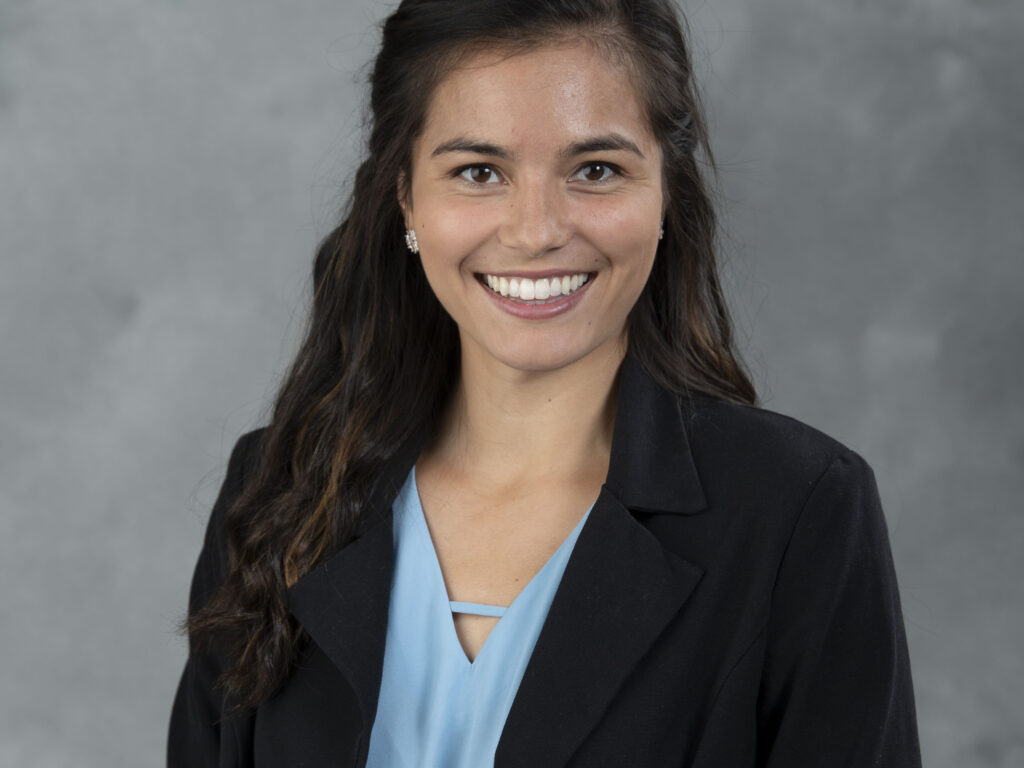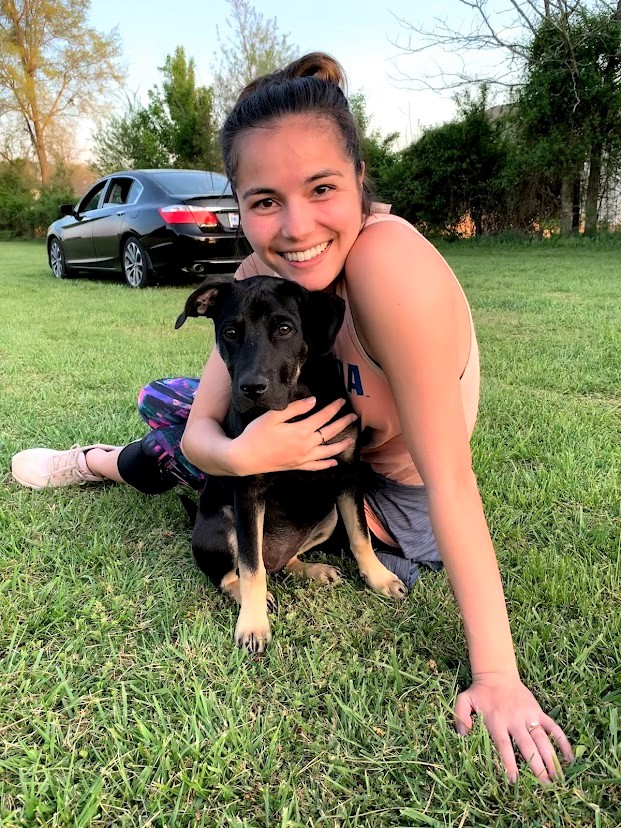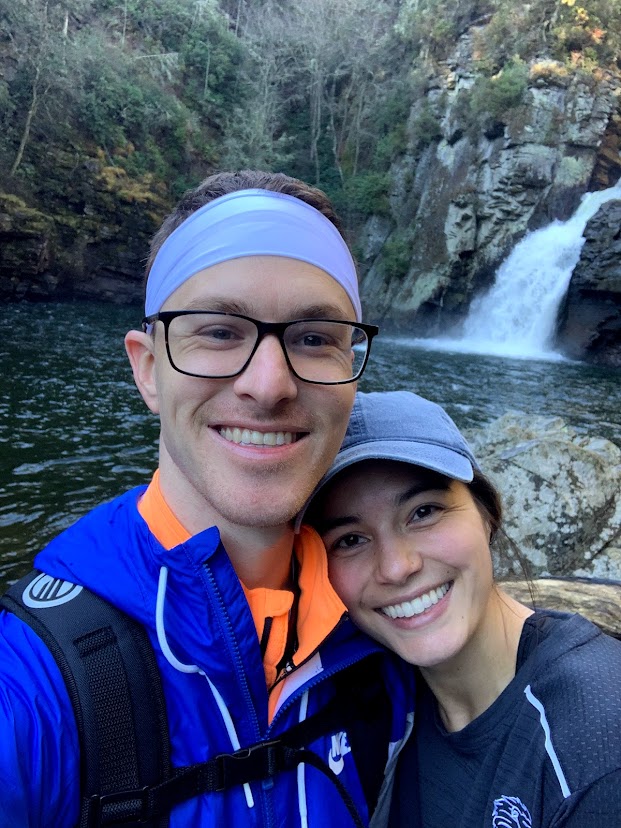National Rural Health Day: an OMS-III perspective

Meet Lili Cohen, a third year medical student from Chicago, IL. She may not be from a small town, but experiencing rural health on rotations in Harnett County and as a volunteer with the Community Care Clinic has opened her heart to different patient populations and their unique needs. As we observe National Rural Health Day, she shares her thoughts and experiences.
The thing that really opened my eyes to rural/underserved medicine was working with the CUCCC – specifically being on the board for Mobile Clinic. Many patients in rural areas want to take care of their health, but they don’t always have the means, resources, and time to travel to see a specific medical provider, especially if it’s a specialized physician. Most of the patients I’ve encountered are so appreciative and grateful for [Campbell’s] outreach because they are aware of the lack of providers in rural areas.
Some of the challenges I’ve experienced within rural and/or underserved medicine include patients not showing up for their appointments, noncompliance with medications, and lack of education about their health. While our natural reaction to no-shows and noncompliance may be frustration or irritation, I have been challenged to understand why patients are noncompliant. Most patients seeking medical guidance in rural areas desire to be healthy or become healthier, but they may not be able to obtain transportation or get off of work to attend appointments or pick up prescriptions.
Part of being a good physician for these patients, I believe, is to try to help eliminate some of these barriers to their care, or at least point them in a direction that will eventually help them eliminate these barriers. We also need to be aware that some patients may not have the health literacy required to know how to properly take care of their body and health. Being a good physician for these patients also entails educating patients and allowing them space to ask questions and express what they feel are gaps in their ability to prioritize or manage their health.

The reason I love rural medicine and want to pursue it is because I believe many of these patients have a baseline of extra barriers beyond those of than an average patient in caring for their health. Many of these barriers are simple to break down. Physicians just need to be aware of these barriers and meet patients where they are. It’s such a joy and honor to partner with patients in caring for their body and health.
I also love rural medicine because it forces physicians to have a more “full scope” method of treatment. Because there are fewer specialists in rural areas, primary care physicians are able to step into some specialty roles and manage treatment of different body systems. It allows you more opportunities to see your patients throughout a variety of medical problems and be directly involved in specific care for different problem areas. As an aspiring family physician who plans to pursue extra training in OB-GYN, I will be able to perform an emergent C-section on a pregnant woman, manage the baby’s care, as well as medically treat mom’s kidney disease. With “full scope” training, I can help prevent some medical emergencies as well as bridge some of the gaps rural patients often experience with a lack of proximity to specialists.
Overall, working in rural/underserved medicine has been a humbling experience thus far, but that’s what I love about it. It challenges you to broaden your perspective and serve people with a variety of different needs and challenges.

To learn more about rural health in North Carolina visit the North Carolina Rural Center and the North Carolina Department of Health and Human Services Office of Rural Health.


